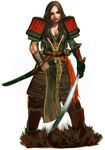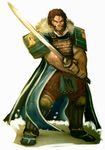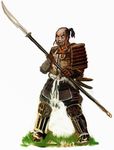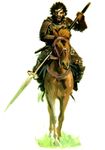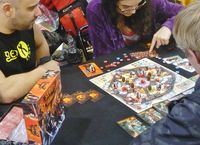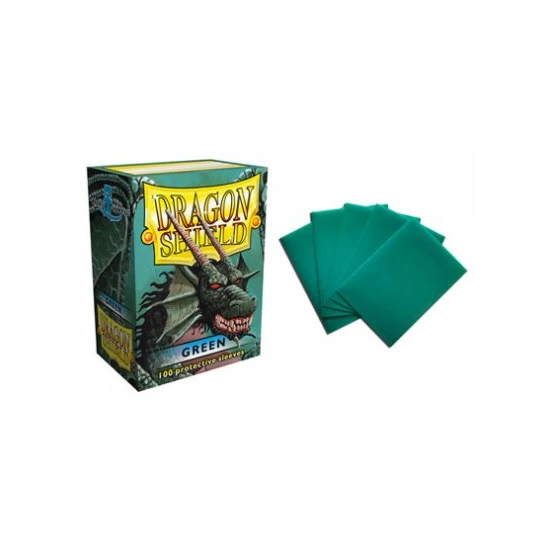

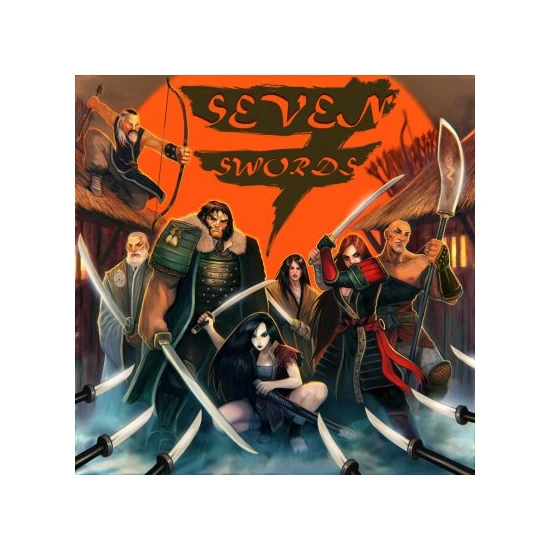
|
|
|
|
2
60'
14
No necessary in-game text
|
Seven Swords
 Available in an external warehouse.
Available in an external warehouse.Shipping in about 3/7 days
Sale Price
Only seven honorable and brave samurai, aided by a handful of frightened villagers are the defenders of the village.
Will you help these villagers to fend off bandits or put you in command of the thieves to steal all the rice you can and punish the insolent peasants?
Seven Swords is a game for two players where one player will take control of Seven Samurai and the villagers of the village to try to repel the attack of the evil villains who try to steal all the rice they can and destroy the village as much as possible.
The game lasts 18 turns. At end of turn 18 the player who controls the most victory points wins the game. The player controls the Samurai begin the game with all victory points found in the villagers' houses and rice stores. The bandit player must attack and steal peasants houses and rice to win victory points of the samurai player. Additionally the bandit player can earn extra points if he eliminate the samurais in combat.
Each of the turns consists of two phases. First player to play is the bandit, which has 7 cards in hand that symbolize the 7 sectors of the village. The player discard from a card that will give a number of actions to play on his turn. Additionally receive extra actions depending on how the samurai player has played during his phase.
With these actions the Bandit player is able to play different bandit troops, including infantry, archers and cavalry, with which he can then move around the village and attack the samurai or places where the villagers and rice are.
In the samurai phase, the samurai player must choose between 5 chips the number of actions that have in turn. The chips are Combat, movement, Leadership and two special action chips. When the player chooses one of the chips he have many actions as the chip says and then flip it. A samurai can perform three types of actions, but only once time for each samurai until one of the chips of action will remove the counters of such action. The actions of a samurai are attack, move and use of the villagers to attack bandits. The more actions the player samurai does, more actions have the Bandit player, so be careful with everything you do.
When the turns reach a certain number, the bandit player discards one of his action cards and then eliminate any samurai who is in the field of the discarded card, no need to fight it.
There are many more details like bows that help to attack away, fences at the entrances to the village so that the bandits do not have easy entry ...
Each game is different, since the player samurai placed at the beginning of the game each house of villagers, each house of rice, fences, bows for use, the samurai ...
The game will have a reversible board with two maps of different villages, to the replay value even higher.
| Mechanics: | Action Point Allowance System Dice Rolling |
| Categories: | Fighting |
| Alternative names: | |
| BARCODE: | 8437010181740 |
| The item is in 1 cart In 3 wishlists In 1 collection This was seen 16483 times | |
Only seven honorable and brave samurai, aided by a handful of frightened villagers are the defenders of the village.
Will you help these villagers to fend off bandits or put you in command of the thieves to steal all the rice you can and punish the insolent peasants?
Seven Swords is a game for two players where one player will take control of Seven Samurai and the villagers of the village to try to repel the attack of the evil villains who try to steal all the rice they can and destroy the village as much as possible.
The game lasts 18 turns. At end of turn 18 the player who controls the most victory points wins the game. The player controls the Samurai begin the game with all victory points found in the villagers' houses and rice stores. The bandit player must attack and steal peasants houses and rice to win victory points of the samurai player. Additionally the bandit player can earn extra points if he eliminate the samurais in combat.
Each of the turns consists of two phases. First player to play is the bandit, which has 7 cards in hand that symbolize the 7 sectors of the village. The player discard from a card that will give a number of actions to play on his turn. Additionally receive extra actions depending on how the samurai player has played during his phase.
With these actions the Bandit player is able to play different bandit troops, including infantry, archers and cavalry, with which he can then move around the village and attack the samurai or places where the villagers and rice are.
In the samurai phase, the samurai player must choose between 5 chips the number of actions that have in turn. The chips are Combat, movement, Leadership and two special action chips. When the player chooses one of the chips he have many actions as the chip says and then flip it. A samurai can perform three types of actions, but only once time for each samurai until one of the chips of action will remove the counters of such action. The actions of a samurai are attack, move and use of the villagers to attack bandits. The more actions the player samurai does, more actions have the Bandit player, so be careful with everything you do.
When the turns reach a certain number, the bandit player discards one of his action cards and then eliminate any samurai who is in the field of the discarded card, no need to fight it.
There are many more details like bows that help to attack away, fences at the entrances to the village so that the bandits do not have easy entry ...
Each game is different, since the player samurai placed at the beginning of the game each house of villagers, each house of rice, fences, bows for use, the samurai ...
The game will have a reversible board with two maps of different villages, to the replay value even higher.
| Mechanics: | Action Point Allowance System Dice Rolling |
| Categories: | Fighting |
| Alternative names: | |
| BARCODE: | 8437010181740 |
| The item is in 1 cart In 3 wishlists In 1 collection This was seen 16483 times | |


